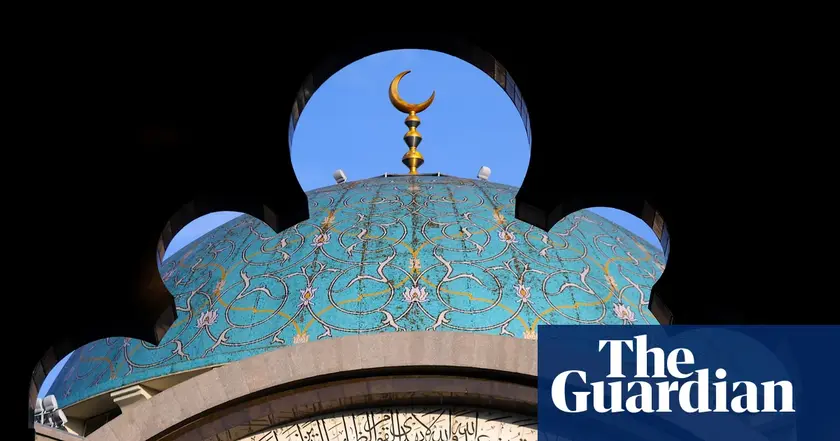T4K3.news
Terengganu to jail missing Friday prayers
Terengganu enacts penalties for skipping Friday prayers, drawing rights concerns and legal scrutiny.

Terengganu in Malaysia enacts strict sharia penalties for missing Friday prayers, prompting rights concerns.
Terengganu imposes jail for missing Friday prayers
The Terengganu state government announced new sharia penalties for Muslim men who skip Friday prayers without a valid reason. First-time offenders could face up to two years in jail and a fine of 3,000 ringgit, or both, with heavier penalties in place for later violations. Enforcement will rely on mosque signage, public reports, and religious patrols coordinated with the Terengganu Islamic Affairs Department. The rules build on a 2001 act amended in 2016 and reflect a broader push by the Pan-Malaysian Islamic Party to widen religious enforcement in several states.
Critics argue the measures intensify state control over personal religious practice and could chill individual freedoms. In the broader legal landscape, Malaysia operates a dual-track system where sharia courts handle Muslim personal matters but civil courts oversee most public rights. Past attempts to expand sharia criminal law in Kelantan were struck down by the federal court in 2024, a decision that sparked protests among PAS supporters. Terengganu lawmakers say penalties would be a last resort after reminders, but opponents warn of a troubling shift in how faith and daily life intersect in the state.
Key Takeaways
"Freedom of religion and belief also means freedom to not believe or participate."
Rights groups quote on the impact on personal belief and participation.
"This reminder is important because Friday prayers are not only a religious symbol but also an expression of obedience."
Local official defense of the policy.
"Laws like this give Islam a bad name."
Rights group critique.
"Freedom to practice stems from protecting individual rights, not punitive measures."
Editorial balance.
The move signals a sharper embrace of religious enforcement in Terengganu, a state long led by the PAS. It tests where state power ends and individual rights begin in a country already wrestling with how Islamic law fits with liberal norms. The ruling underscores a pattern where a party with strong local support seeks to translate symbolic religious authority into concrete penalties. That dynamic raises questions for other states watching how far such policies can go without provoking wider backlash.
At a broader level, the policy highlights Malaysia’s uneasy balance between faith and freedom. If the federal judiciary has previously ruled similar measures unconstitutional, Terengganu faces political and legal pressure that could prompt appeals or challenges in civil courts. The policy risks widening gaps between state and federal approaches to law, and it could affect how non-Muslims perceive the fairness of the legal system. The coming months will show whether the rules withstand legal scrutiny or stir a larger debate about religious authority in a diverse federation.
Highlights
- Freedom of belief includes freedom to not participate
- This reminder risks policing daily life more than guiding faith
- Laws like this give Islam a bad name
- Rights must guide policy not fear
Civil liberties at risk from stricter sharia enforcement
The new penalties directly constrain personal religious practice and could chill voluntary participation. Critics warn of a potential overreach by religious authorities and possible civil rights challenges, especially given Malaysia's complex blend of civil and religious law.
The debate over how faith should shape law is unlikely to end soon.
Enjoyed this? Let your friends know!
Related News

35 death notices published in Stoke on Trent this week

Lori Vallow Daybell sentenced to life imprisonment

Lori Vallow Daybell sentenced to life in prison for murder conspiracy

Fever suffer season ending injury Cunningham

Merseyside jails 66 criminals in July

Vigil planned for mother and children killed in shooting

Bodybuilding champion Hayley McNeff dies at 37

Shoplifter jailed after four suspended sentences
